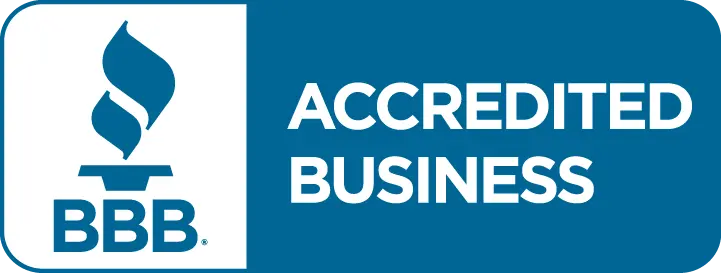Blog
Our blog offers important resources, helpful articles, and practical ideas on the human resources topics that matter to you.
Our blog offers important resources, helpful articles, and practical ideas on the human resources topics that matter to you.
Home / Media / Blog / Avoiding Backpay Penalties
Paying a salary DOES NOT mean the employee isn’t owed overtime. The Fair Labor Standards Act, which nearly all employers are required to comply with, specifies that it is the duties of the role and not the compensation that dictates who is eligible for overtime wages.
To qualify as EXEMPT from overtime, the employee in question must meet the key rules under the following:
What happens if a current or former employee successfully complains to the Department of Labor? Pay up! Failure to pay overtime could equal two to three years of back pay for all affected employees and remitting the back payroll taxes that apply.
What if an employee works overtime without permission? Pay them, but then issue corrective action if they failed to follow company policy.
Click the link to view our recent blog: Who Needs Workers’ Compensation or check back for more on human resources, payroll, insurance and benefits.
Join the INFINITI HR family! Subscribe to our newsletter and get the latest HR news and tips.
INFINITI HR helps companies reduce costs by managing human resource functions while allowing businesses to focus on their core operations that impact profitability. Our platform provides full regulatory compliance management, on-demand HR guidance, real-time payroll /tax filing, POS integration and access into industry leading True-Group master policies for workers’ compensation, employment practices liability insurance, and other operational business coverages.
Toll free: 866-552-6360






